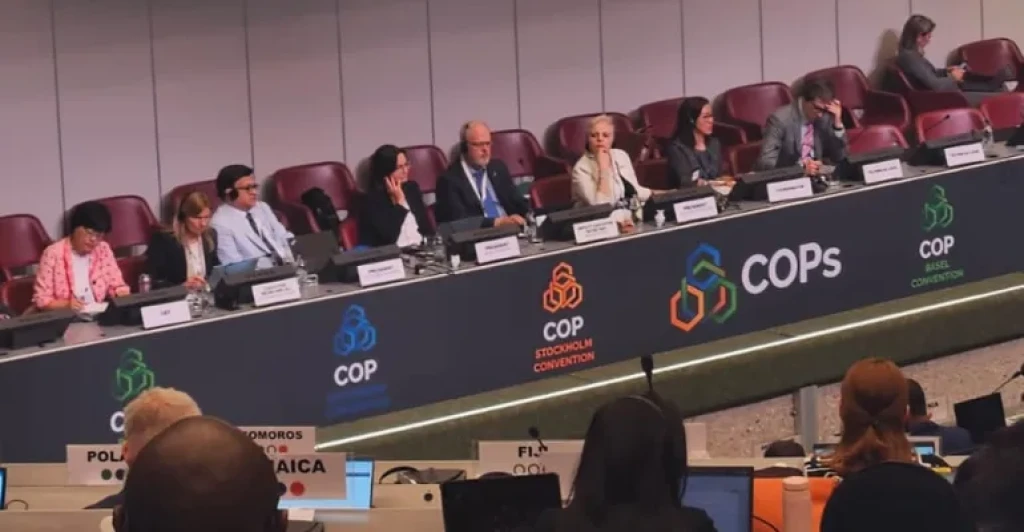The Geneva Decision

Chrysotile Not Added to the Ban List in Geneva — Industry Concerns Postponed Until 2027
At the meeting of the parties to the Rotterdam Convention, held from April 28 to May 9, the proposal to include the natural mineral chrysotile in the list of banned substances was opposed by seven countries: Russia, Kazakhstan, Kyrgyzstan, India, Zimbabwe, Laos, and Belarus.
Their position was also supported by the International Chrysotile Association, the Alliance of Trade Union Organizations "Chrysotile," and the Confederation of Employers of Kazakhstan.
Kazakhstan Defended Its Position
The conference addressed the regulation of chemicals and waste, with the 2025 theme: “Making the Invisible Visible: Sound Management of Chemicals and Waste.” Special attention was given to plastic pollution, mercury waste, and the increasing volume of electronic waste. However, for Kazakhstan, the key issue remained the preservation of the legal status of chrysotile.
The Kazakh delegation consistently advocated for a differentiated approach, emphasizing that chrysotile, when used under controlled conditions, poses no threat. This stance is supported by international research and the standards of ILO Convention No. 162.
Chrysotile Industry Remains Crucial for Kazakhstan’s Economy
The mineral is used in the production of:
- Asbestos-cement pipes
- Roofing materials
- Facade panels
The industry provides thousands of jobs and supports the development of infrastructure projects.
Kazakhstan will continue to promote a science-based approach to chrysotile regulation, relying on international experience and principles of safe production.
#Chrysotile #RotterdamConvention #Kazakhstan #Ecology #Industry




